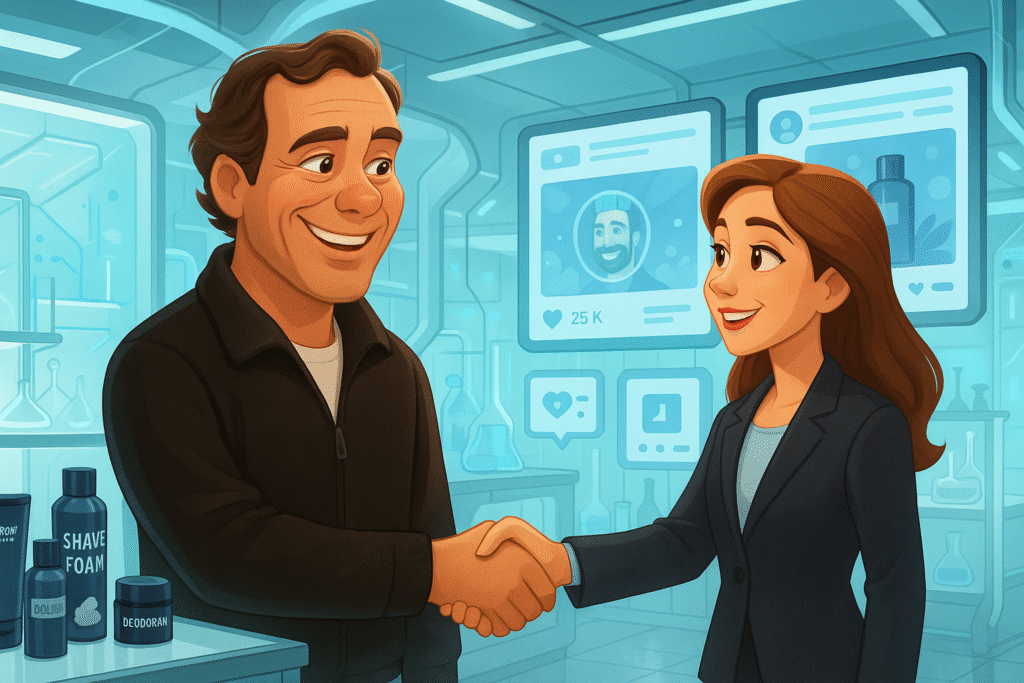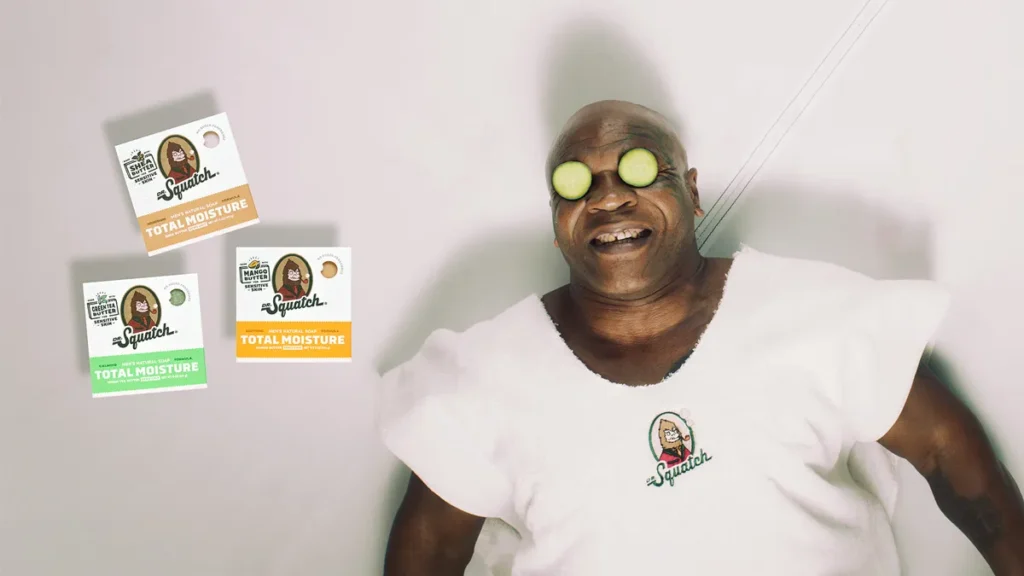
Why Dr. Squatch’s exit to Unilever reveals the hidden strategy behind sustainable product businesses
An unusual soap company just sold to one of the world’s largest consumer goods corporations.
Dr. Squatch turned men’s body wash into viral social media content and built a “loyal following with highly desirable products and clever digital engagement strategies.”
Unilever sure as heck didn’t buy them for their soap formulations.
They bought them for something WAY more valuable: a proven system for creating emotional connection at scale.
This acquisition reveals a critical truth that every product maker needs to understand, whether you’re planning to grow or eventually exit your business.
Large corporations can afford to manufacture almost anything. What they struggle to create is authentic brand culture.
Dr. Squatch succeeded because founder Jack Haldrup understood that men don’t care about special kinds of soap. But they DO care about the feeling of being the kind of guy who uses premium products, without taking himself too seriously.
Their marketing was bigger, squatchier than cleanliness or ingredients. It created identity.

Unilever recognized this and paid accordingly. They weren’t acquiring a soap recipe; they wanted to latch onto a cultural blueprint a huge corporation could never, EVER develop internally.
This pattern repeats across industries, but most product makers let the strategic implications slip by in the lather.
The companies that become acquisition targets go bigger than solving superficial problems — they find new ways to create movements.
In I Need That, I go into how products succeed by becoming part of customers’ identity rather than stopping at functional needs. Dr. Squatch mastered this by making their brand feel like membership in a different kind of club.
The lesson for every product maker: your exit strategy should inform your growth strategy from day one.
Companies like Unilever acquire brands that have cracked codes they can’t figure out (or can’t attain) themselves. Usually around community building, authentic messaging, or reaching demographics that traditional marketing can’t reach.
Product Payoff: Death Wish Coffee built a cult following around “the world’s strongest coffee” before being acquired by Nestlé for their ability to connect with younger consumers who saw mainstream coffee brands as bo-ring.
The acquisition wasn’t for coffee quality — Nestlé had the beans (AND connections) to make stronger coffee of any calibre. This was about purchasing a brand that had figured out how to make coffee consumption feel rebellious and authentic, something Nestlé’s internal teams couldn’t replicate despite massive resources.
Your strategic assessment: Are you building a mere product, or creating a culture that larger companies would pay premium multiples to access? The most valuable acquisitions happen when established corporations recognize they need what you’ve built more than you need their distribution.
Consider this: what unique insight about your customers have you discovered that industry giants are still missing?
That insight — NOT your product features — becomes your most valuable asset.
Have you thought about what makes your brand acquisition-worthy beyond your product quality?
Pop that reply arrow and share what cultural advantage you’re building that bigger companies can’t replicate.
Or reach out to my team of product strategy consultants at Graphos Product.
